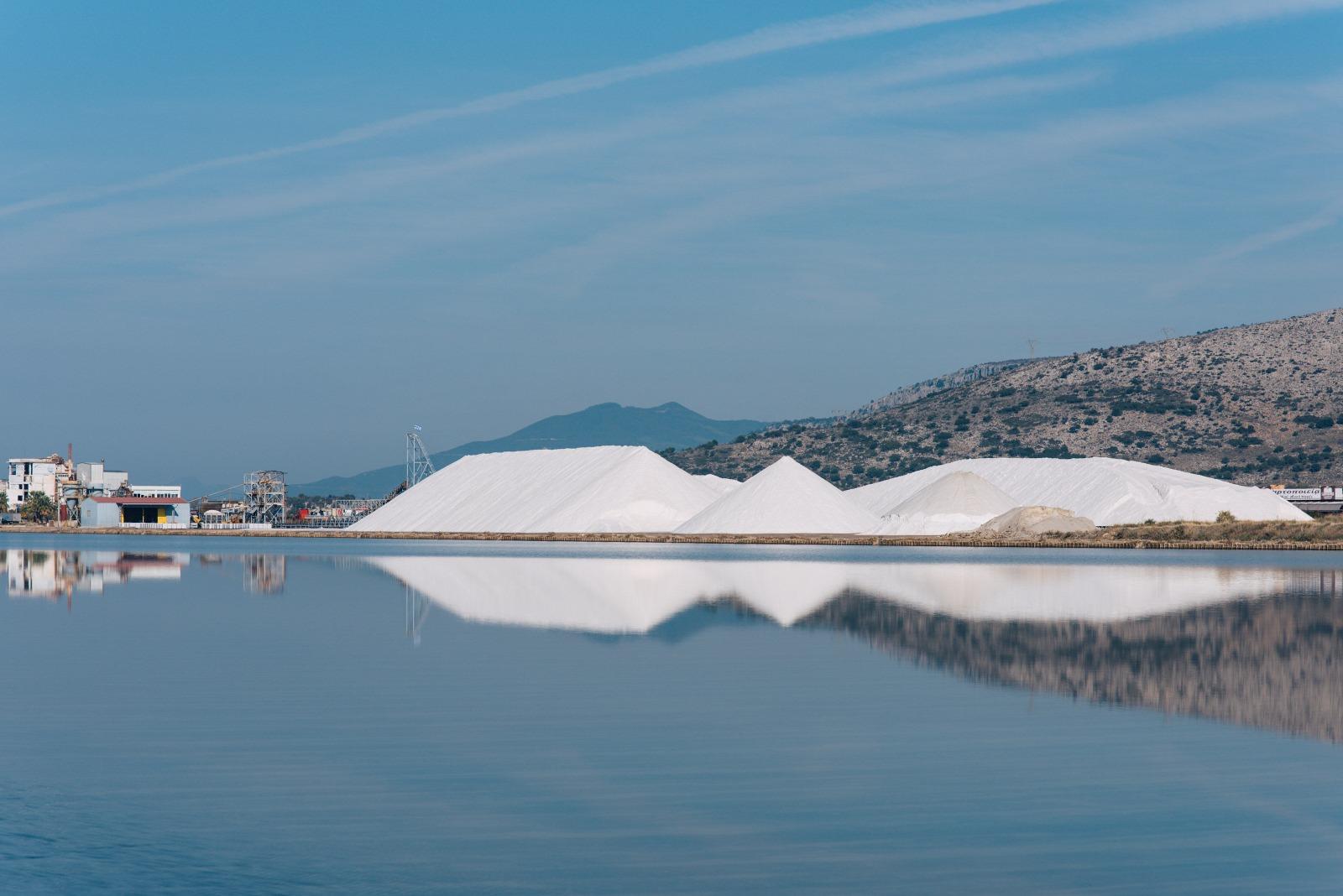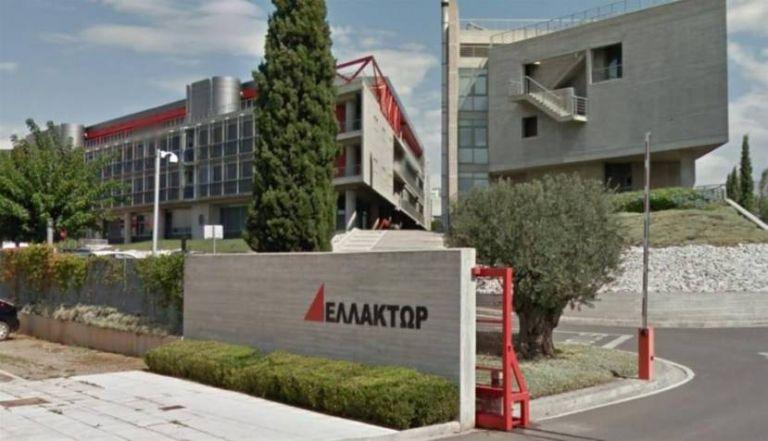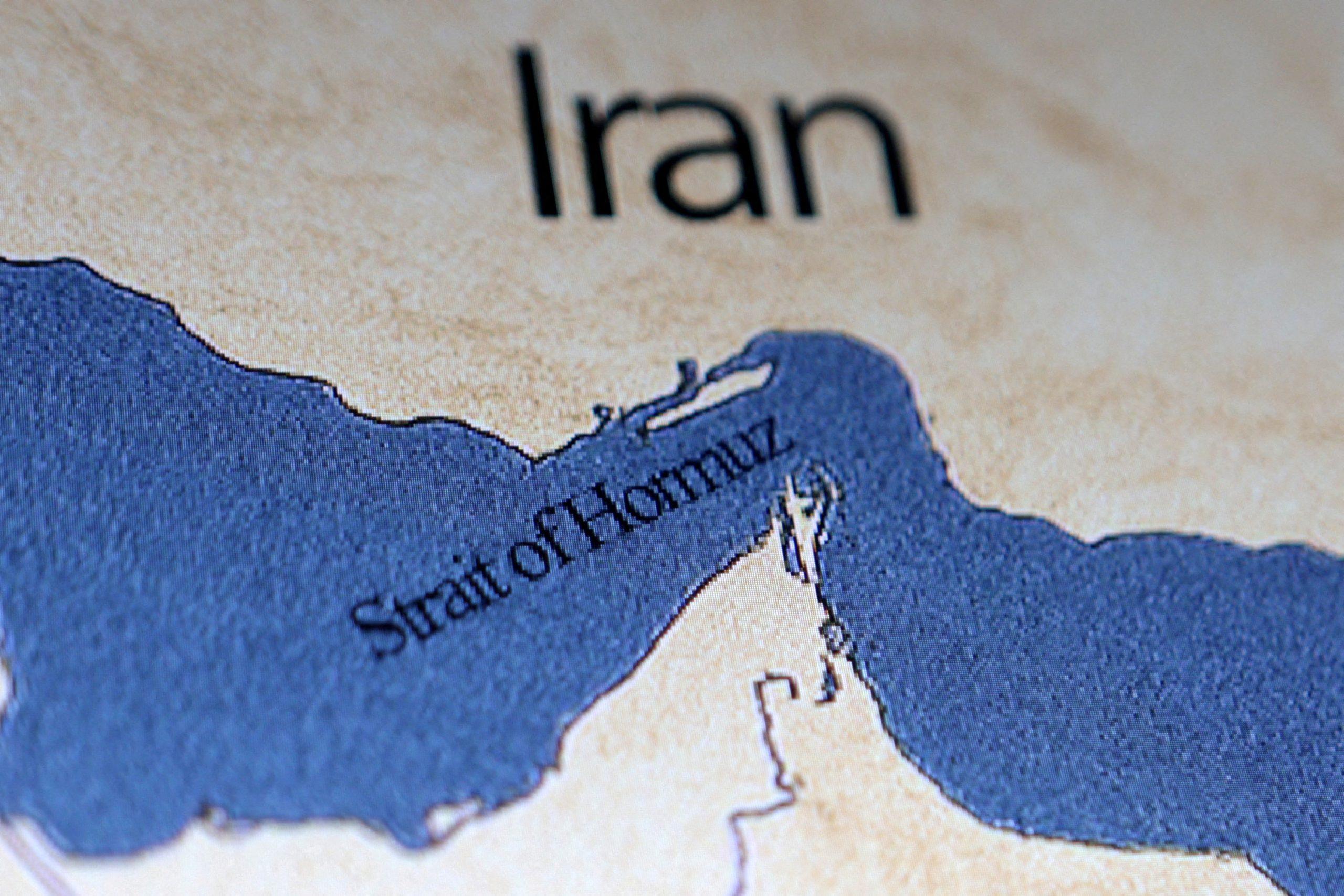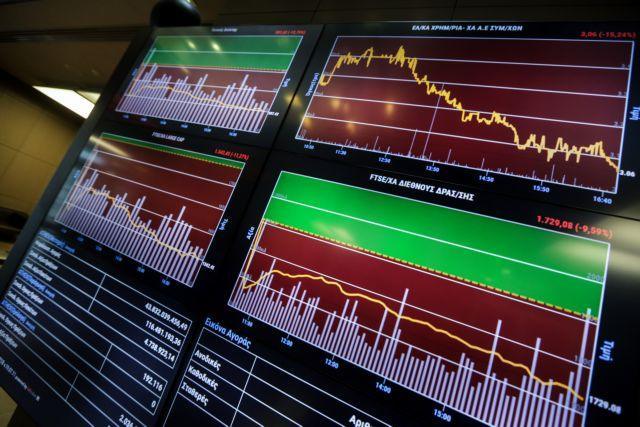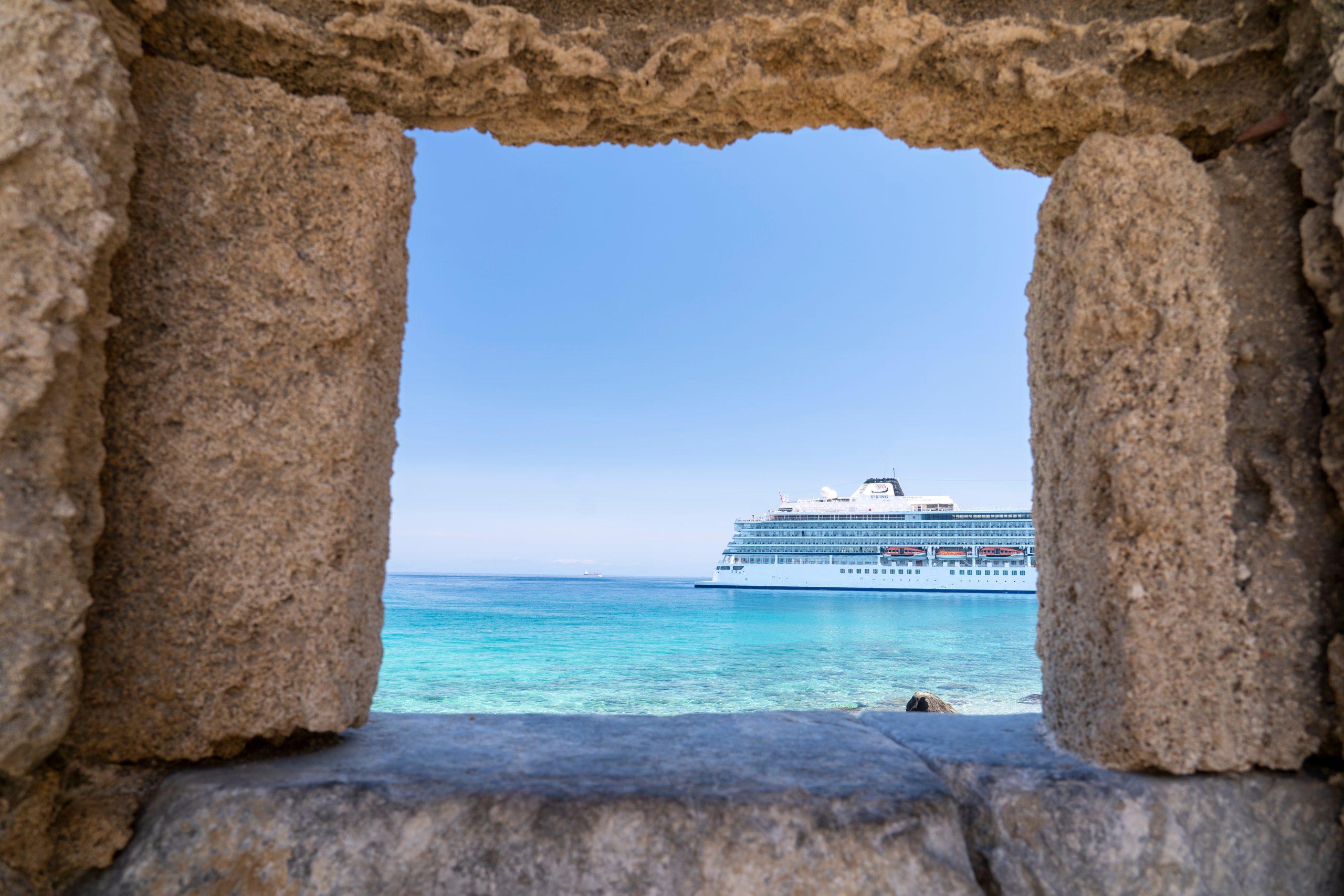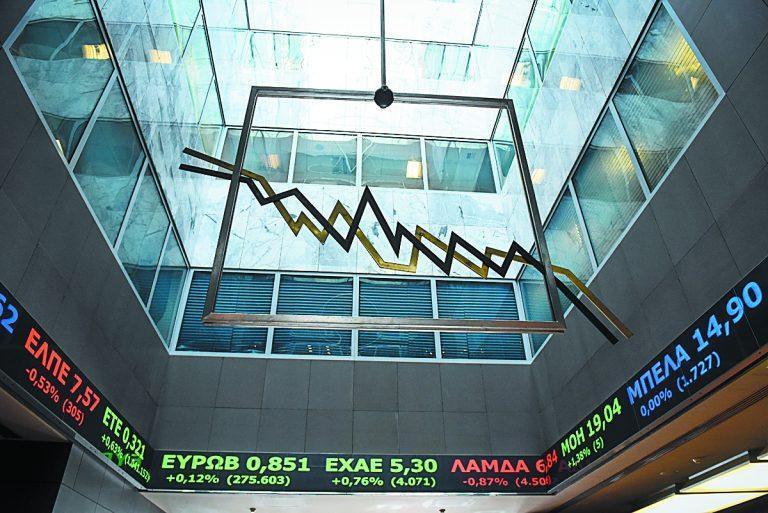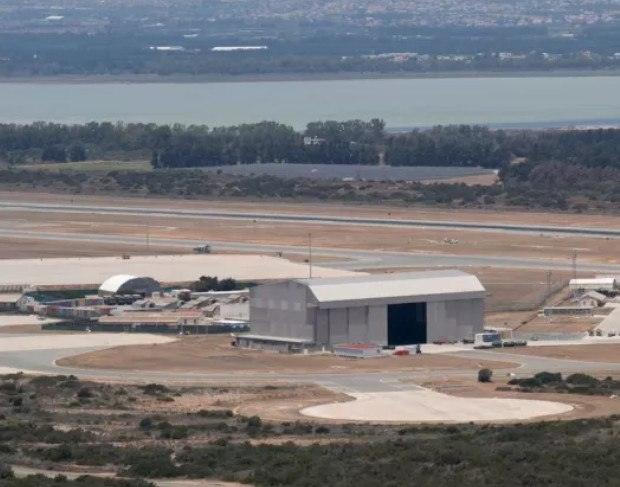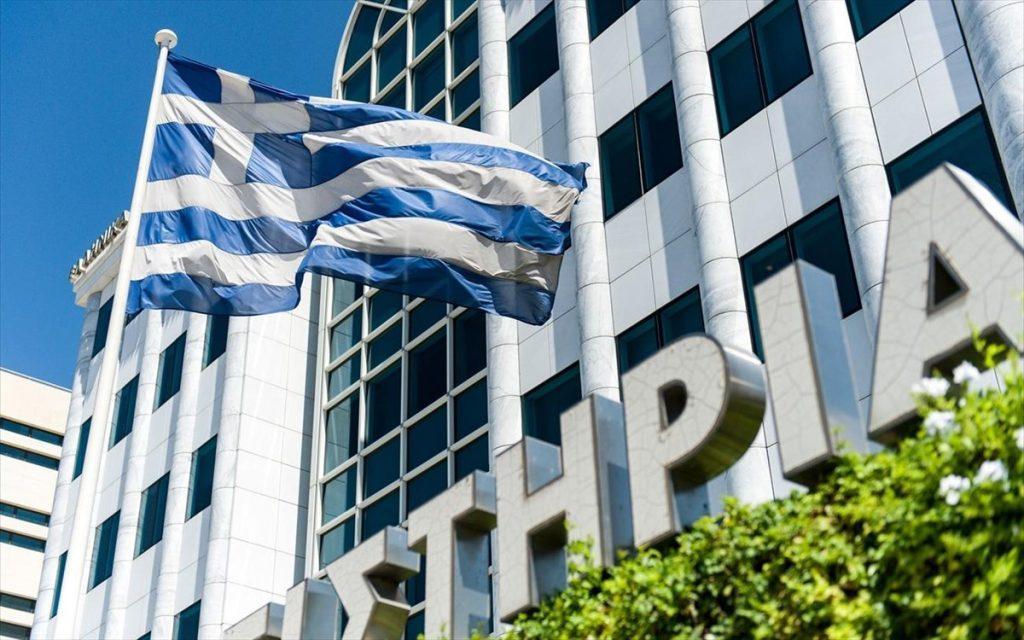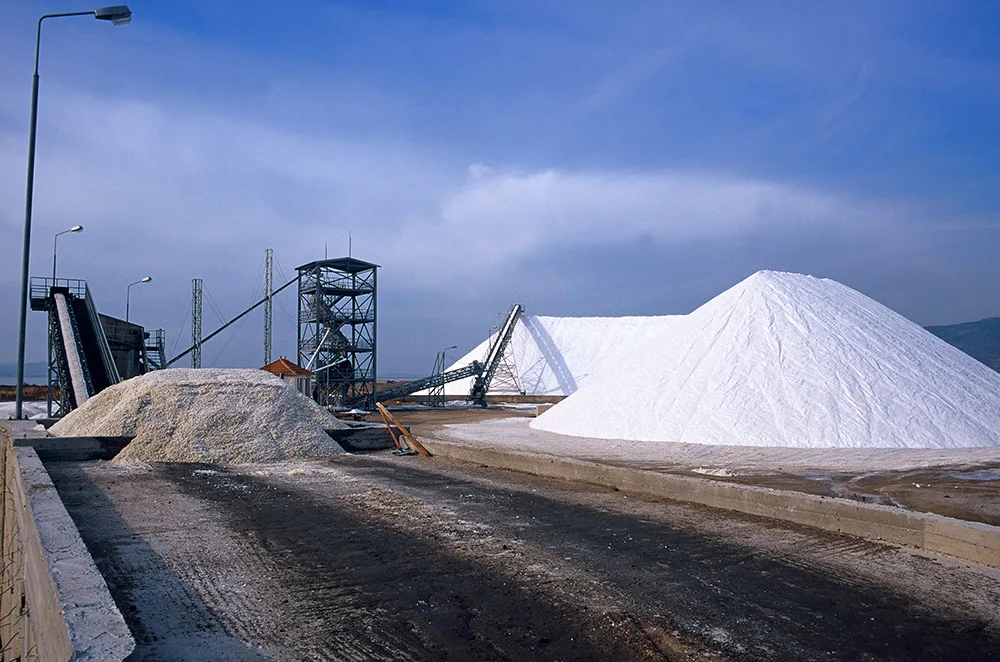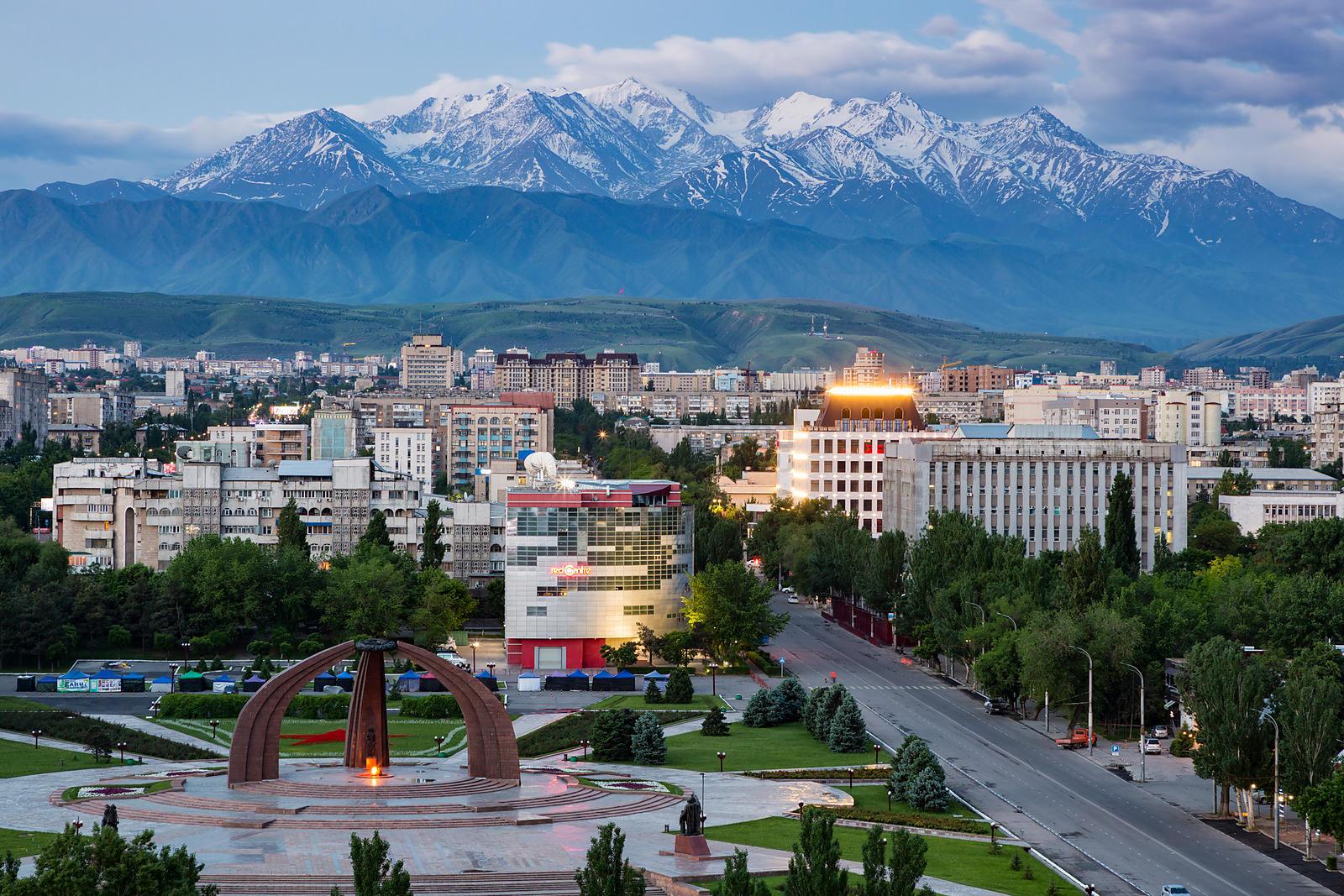Greek tourism is expected to maintain its upward trajectory in 2025, according to a new report by the National Bank of Greece. However, the conversation is now shifting from breaking records to ensuring the sustainability of the country’s growth model, following a decade of rapid expansion.
The report zeroes in on two key pillars of Greece’s strategic planning for tourism: tapping into long-haul markets—a bet that appears to be paying off—and secondly, promoting alternative destinations across the country.
Tourist arrivals in Greece are projected to rise by 3% to 5% in 2025, broadly in line with global trends. Supporting this forecast are solid indicators such as a 10% year-on-year increase in air travel arrivals during the first four months of the year, as well as a 5% rise in hoteliers’ expectations for the upcoming season.
Despite positive indicators, uncertainty lingers due to global geopolitical and economic tensions, which continue to weigh on travel spending. Consumer confidence in major European markets remains five points below the long-term average.
Long-haul tourism is a key growth driver, expected to fuel half of global tourism gains over the next decade, as highlighted in the bank’s earlier quarterly report on Q1 2025. For Greece, it offers a path to a less seasonal, higher-spending visitor model.
Encouraging signs are already emerging, particularly during the winter season. The U.S. market has shown remarkable momentum, increasing its share of total arrivals to 7% from 6% in 2024.
Americans visit more often outside peak summer months, with half arriving off-season, compared to a third from other European markets. They also spend twice as much per visit, with winter 2025 spending up 19%, offsetting declines from France, Germany, and the UK.
The expansion of direct air connections is further boosting Greece’s appeal to long-haul travelers. Weekly flights from the U.S. are set to reach 100 in summer 2025—nearly double the pre-pandemic level.
Similarly, direct flights from China will rise to around 12 per week, nearly triple their pre-pandemic frequency.
The report also notes that Greece’s established tourist areas like the Aegean and Halkidiki are focusing on boosting competitiveness and adapting to global trends.
Over two-thirds have made major investments in the past three years, often expanding through partnerships, while around half have also embraced digital upgrades, energy efficiency, and local experiences, reflecting a move toward more sustainable, experience-focused tourism.
Source: tovima.com



